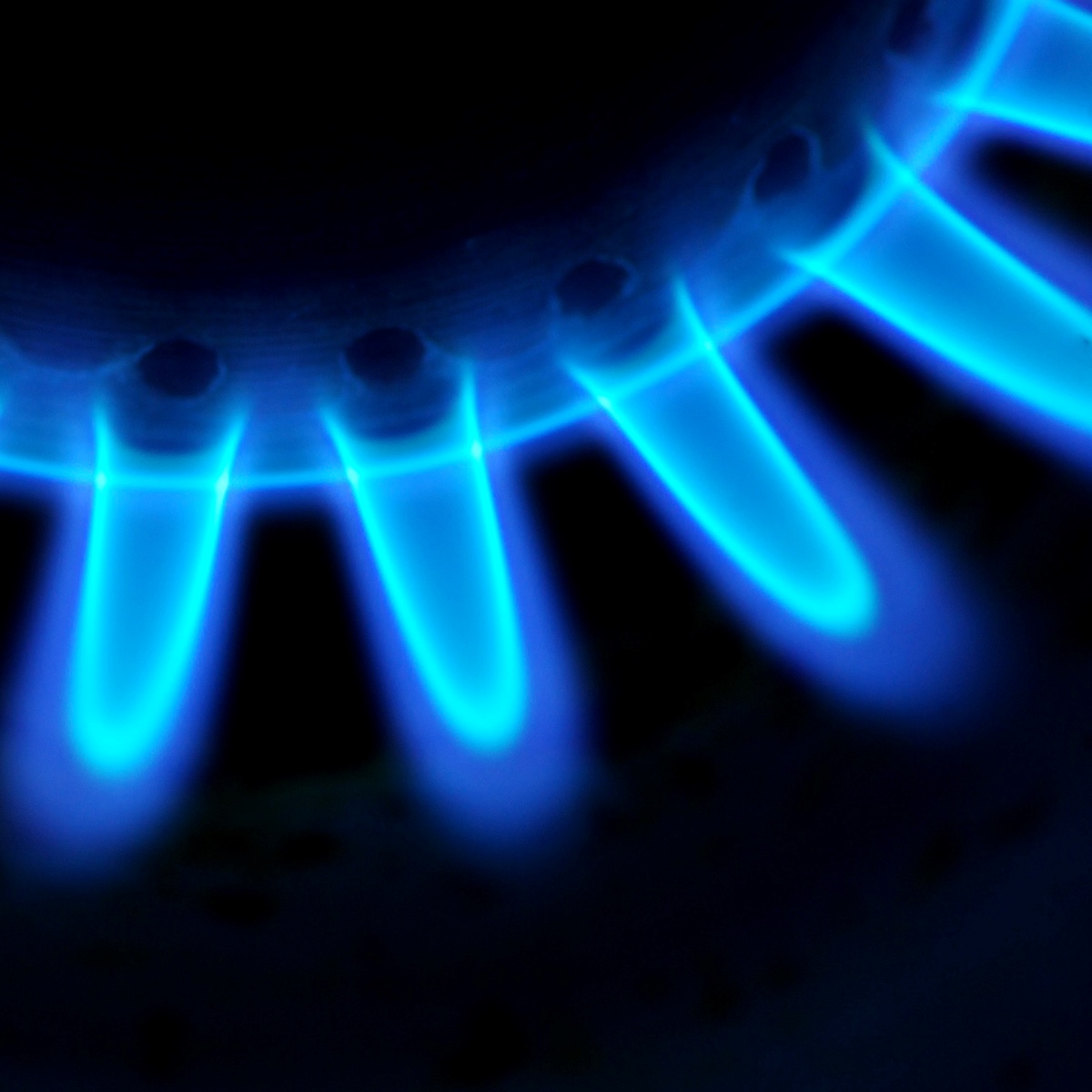
The U.S. Energy Information Administration (EIA) reported Thursday morning that U.S. natural gas stocks increased by 58 billion cubic feet for the week ending September 22. Analysts were expecting a storage injection of between 61 billion and 71 billion cubic feet. The five-year average for the week is an injection of 84 billion cubic feet, and last year’s storage injection for the week totaled 49 billion cubic feet. Natural gas inventories rose by 97 billion cubic feet in the week ending September 8.
Natural gas futures for November delivery traded down about 1% in advance of the EIA’s report, at around $3.03 per million BTUs, and traded up near $3.08 shortly afterward. The highest close for the past five trading days was registered Wednesday at $3.06. The 52-week range for natural gas is $2.87 to $3.65. One year ago the price for a million BTUs was around $3.09.
Overall demand is expected to be moderate next week with temperatures into the 70s to 90s in the West and cooler weather in the East and highs ranging in the 60s to 80s in the South.
Stockpiles fell week over week to 3.5% below last year’s level, but they remain 1.2% above the five-year average.
The EIA reported that U.S. working stocks of natural gas totaled about 3.466 trillion cubic feet, around 41 billion cubic feet above the five-year average of 3.425 trillion cubic feet and 127 billion cubic feet below last year’s total for the same period. Working gas in storage totaled 3.593 trillion cubic feet for the same period a year ago.
Here’s how share prices of the largest U.S. natural gas producers reacted to this latest report:
- Exxon Mobil Corp. (NYSE: XOM), the country’s largest producer of natural gas, traded up about 0.9%, at $82.15 in a 52-week range of $76.05 to $93.22.
- Chesapeake Energy Corp. (NYSE: CHK) traded down about 0.7% to $4.39. The stock’s 52-week range is $3.55 to $8.20.
- EOG Resources Inc. (NYSE: EOG) traded up about 0.2% at $97.50. The 52-week range is $81.99 to $109.37.
Also, the United States Natural Gas ETF (NYSEMKT: UNG) traded up about 0.1%, at $6.66 in a 52-week range of $6.20 to $9.74.
100 Million Americans Are Missing This Crucial Retirement Tool
The thought of burdening your family with a financial disaster is most Americans’ nightmare. However, recent studies show that over 100 million Americans still don’t have proper life insurance in the event they pass away.
Life insurance can bring peace of mind – ensuring your loved ones are safeguarded against unforeseen expenses and debts. With premiums often lower than expected and a variety of plans tailored to different life stages and health conditions, securing a policy is more accessible than ever.
A quick, no-obligation quote can provide valuable insight into what’s available and what might best suit your family’s needs. Life insurance is a simple step you can take today to help secure peace of mind for your loved ones tomorrow.
Click here to learn how to get a quote in just a few minutes.
Thank you for reading! Have some feedback for us?
Contact the 24/7 Wall St. editorial team.




